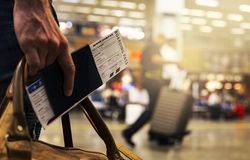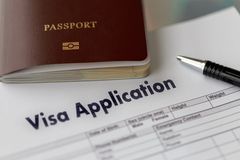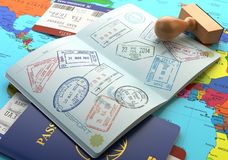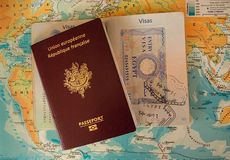In today’s world, traveling has become an integral part of our lives. Be it for leisure or work, many of us find ourselves regularly on the move across borders. However, one integral aspect that you may overlook is the safety of your travel documents. Losing these critical papers can turn a dream holiday into a
Visa Policy for the United Kingdom
The visa policy of the United Kingdom of Great Britain and Northern Ireland (UK) is the list of requirements and restrictions for nationals of other countries who wish to visit the UK.
The UK visa policy covers the 4 constituent countries that make up the United Kingdom: England, Scotland, Wales, and Northern Ireland, as well as the Crown dependencies of the Isle of Man and the Channel Islands (the Bailiwick of Guernsey and the Bailiwick of Jersey).
Travelers from the majority of countries must apply for a visa for the United Kingdom at their nearest UK Visa Application Centre.
There are a number of different types of visa for the UK. The type required depends on the foreign visitor’s nationality, length of stay, and purpose of travel.
Types of UK visa include the Standard Visitor visa, the Marriage Visitor visa, the UK work visa, various categories of student visa, and a number of other visa options.
Around 90 different nationalities currently do not require a visa to enter the UK for stays of up to 6 months.
The UK ETA is currently required for citizens of some visa-exempt countries. This electronic travel authorization replaces the previously used UK EVW.
See below further information about the UK’s rules and regulations regarding entry visas.



